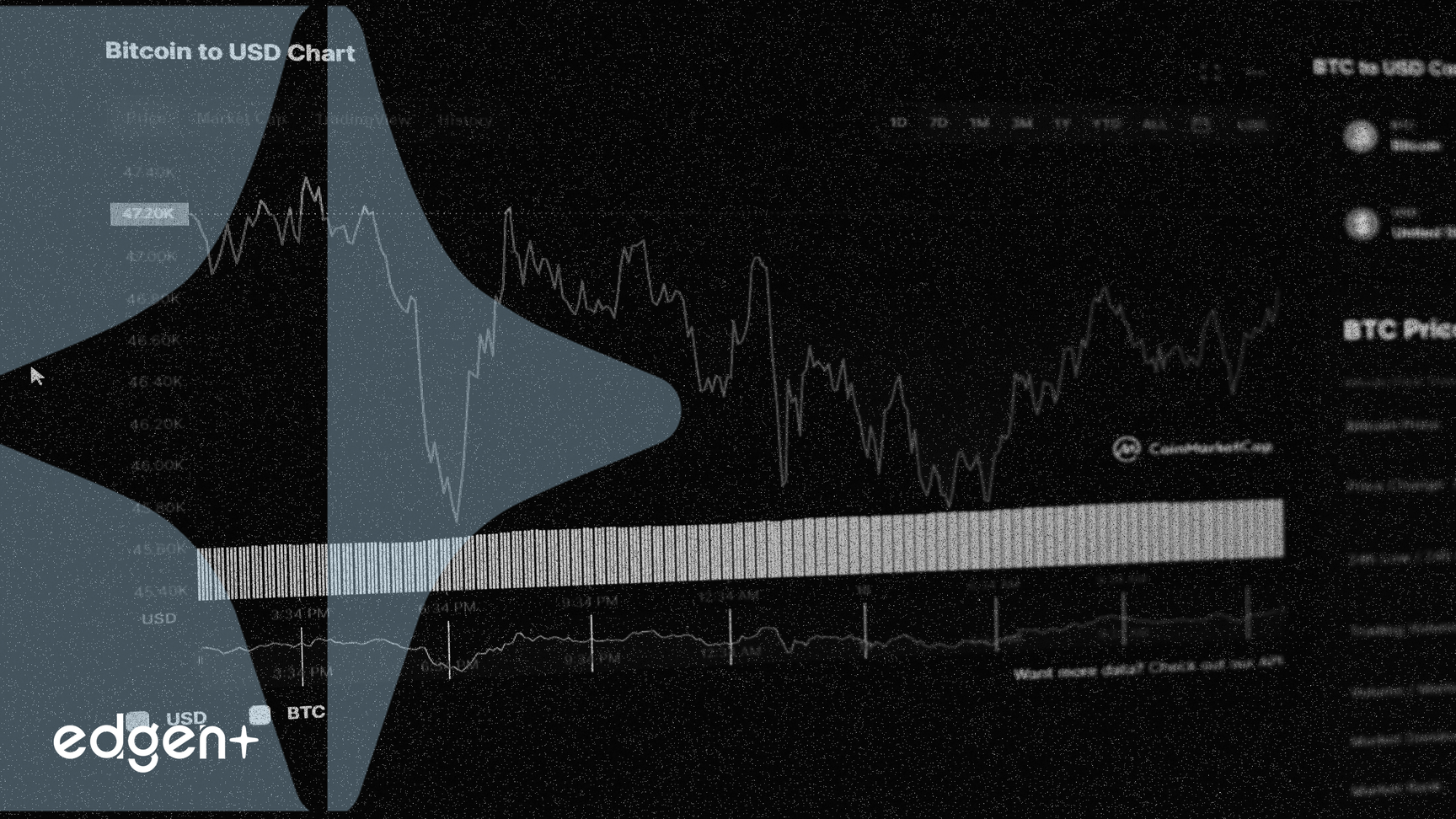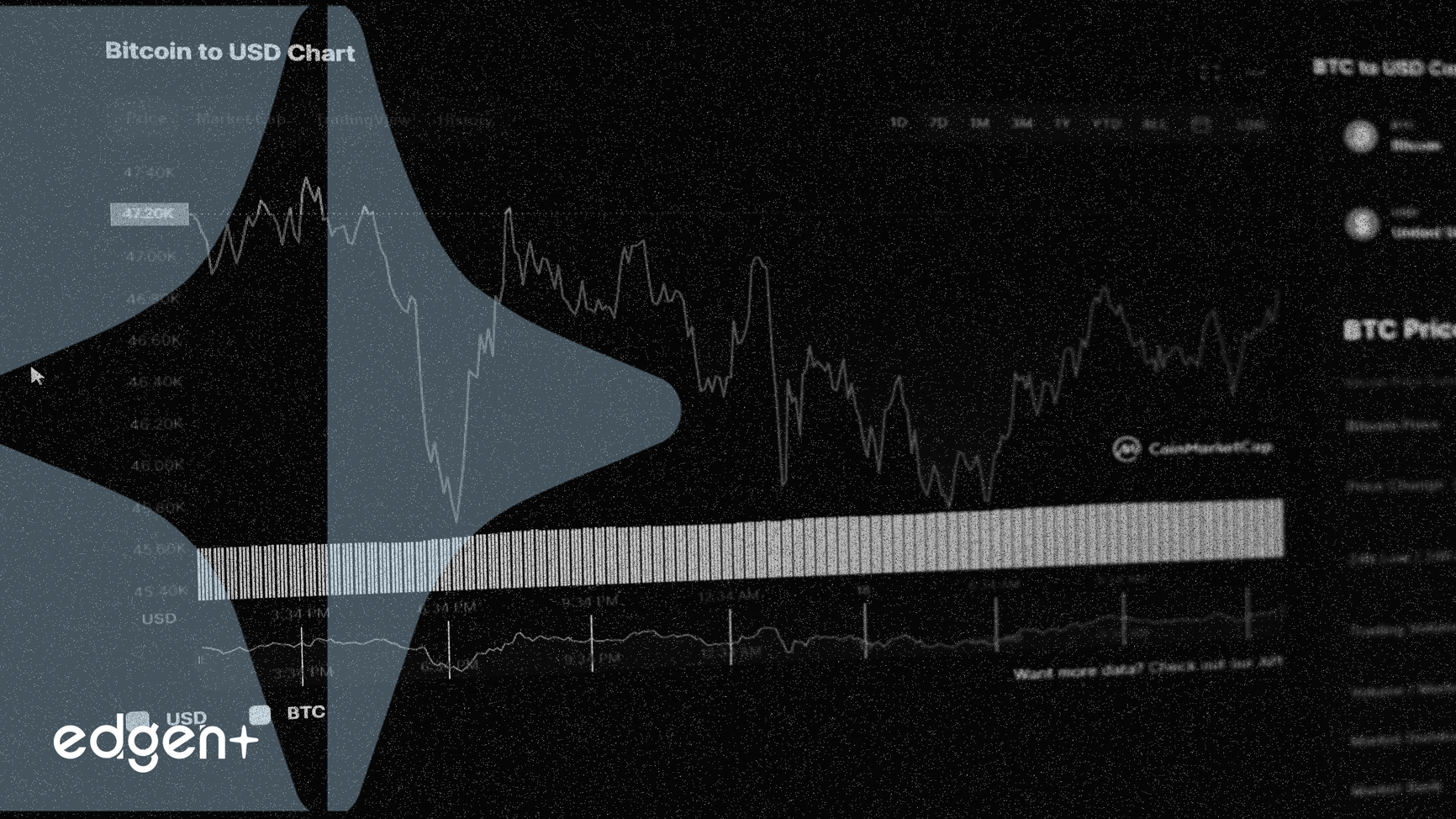Robinhood Files for Ventures Fund I to Broaden Retail Access to Private Markets
Robinhood Markets Inc. (HOOD) has filed with the Securities and Exchange Commission (SEC) to launch Robinhood Ventures Fund I (RVI), a significant strategic initiative aimed at providing retail investors direct access to private market investments. This publicly traded closed-end fund, intended to trade on the NYSE under the ticker RVI pending regulatory approval, marks a notable expansion of Robinhood's mission to democratize finance.
The Fund in Detail: Targeting High-Growth Private Companies
RVI will be managed by Robinhood Ventures DE, LLC, a newly formed wholly-owned subsidiary of Robinhood. The fund's investment program will concentrate on a portfolio of private companies at the forefront of their respective industries, with a focus on high-growth sectors such as aerospace, artificial intelligence (AI), financial technology (fintech), and robotics. The strategy involves holding these investments for the long term, potentially through their initial public offerings (IPOs) and beyond. This approach directly addresses the historical exclusion of everyday investors from private capital markets, a domain traditionally reserved for accredited investors and large institutions.
Analysis of Market Rationale and Potential Impact
Robinhood's foray into private markets through RVI comes at a pivotal time in the investment landscape. The number of publicly traded companies in the U.S. has seen a substantial decline, falling from approximately 7,000 in 2000 to about 4,000 in 2024. Concurrently, the estimated value of private firms in the U.S. has surged, now exceeding $10 trillion. This trend has meant that a significant portion of wealth creation occurs before companies go public, leaving retail investors without access.
RVI aims to bridge this gap, allowing retail investors to participate in these growth phases. The initiative is projected to generate new fee revenue streams for Robinhood, deepen engagement with high-value users, and significantly expand its addressable market. By positioning itself at the intersection of venture capital and public markets, Robinhood seeks to strengthen its competitive moat in alternative investing. This move follows the company's earlier launch of private tokenized stocks in the European Union (EU), indicating a broader strategy to democratize access to private markets globally.
Broader Context and Financial Implications for HOOD
Robinhood's (HOOD) shares have demonstrated robust performance leading up to this announcement, skyrocketing 208.2% year-to-date, significantly outpacing the industry's 26.9% gain over the same period. This impressive price action has positioned HOOD shares at a substantial premium, with a 12-month trailing price-to-tangible book (P/TB) ratio of 13.92X, compared to the industry average of 2.97X. The market appears to be anticipating continued strong performance, including the potential growth stemming from new initiatives like RVI.
Analyst sentiment remains bullish, with the Zacks Consensus Estimate for Robinhood's 2025 and 2026 earnings implying year-over-year growth of 45.9% and 18.3%, respectively. Earnings estimates for both years have recently been revised upward to $1.59 and $1.88, contributing to HOOD currently holding a Zacks Rank #1 (Strong Buy). This strategic expansion also aligns with a broader industry trend, as financial giants like BlackRock (BLK) and Goldman Sachs (GS) are actively expanding their presence and offerings in private markets, signaling a fundamental restructuring of capital flows.
Robinhood Chairman and CEO Vlad Tenev underscored the foundational philosophy behind RVI, stating:
"For decades, wealthy people and institutions have invested in private companies while retail investors have been unfairly locked out. With Robinhood Ventures, everyday people will be able to invest in opportunities once reserved for the elite."
This sentiment reflects the growing call for greater accessibility in financial markets. Industry observers have noted that this initiative represents a "seismic shift in the democratization of capital," potentially setting a precedent for other fintech firms and fostering increased competition and innovation in retail access to private equity.
Looking Ahead: Regulatory Scrutiny and Market Evolution
The launch of RVI is contingent upon SEC review, and shares may not be sold until the registration statement is declared effective. The regulatory response will be crucial in shaping the future landscape of private market democratization. While RVI promises to offer real-time liquidity via its NYSE listing, a stark contrast to the illiquid nature of traditional private investments, it also introduces novel risks for retail investors. These include the inherent illiquidity of underlying private companies, the fund's long-term holding strategy, and the potential for individual investors to lack comprehensive due diligence capabilities.
Success in initiatives like RVI could unlock significant recurring revenue streams through management fees for these firms, potentially reducing dependence on volatile trading volumes. As retail capital increasingly flows into private markets, regulatory frameworks will need to evolve, and valuation dynamics between private and public markets may shift. The coming months will reveal the market's appetite for this innovation against the backdrop of potential volatility and speculative risk, as Robinhood aims to redefine retail investing.
ソース:[1] Is HOOD's Private Markets Access to Retail Investors a Growth Driver? (https://finance.yahoo.com/news/hoods-private- ...)[2] Introducing Robinhood Ventures (https://vertexaisearch.cloud.google.com/groun ...)[3] Is HOOD's Private Markets Access to Retail Investors a Growth Driver? - September 16, 2025 - Zacks (https://vertexaisearch.cloud.google.com/groun ...)



